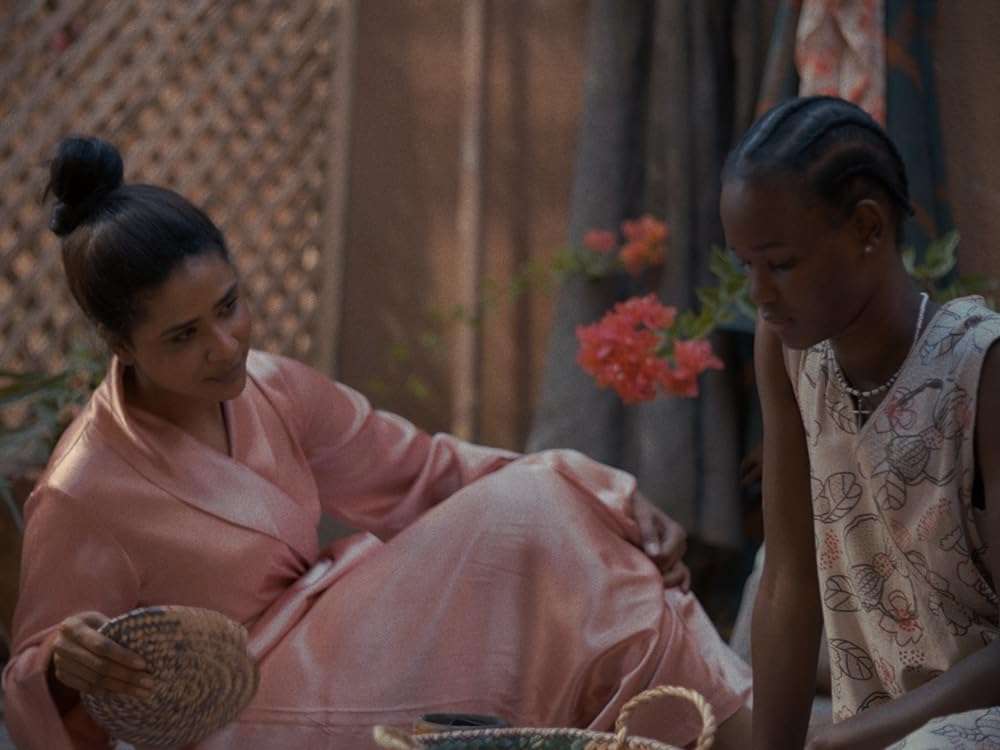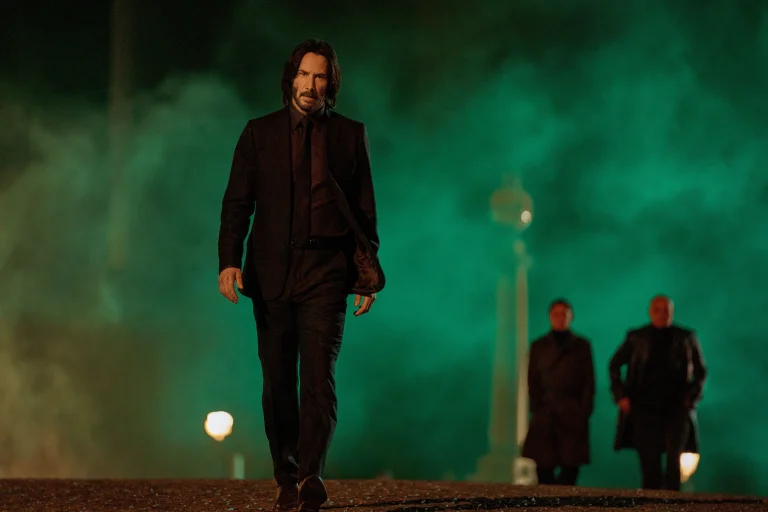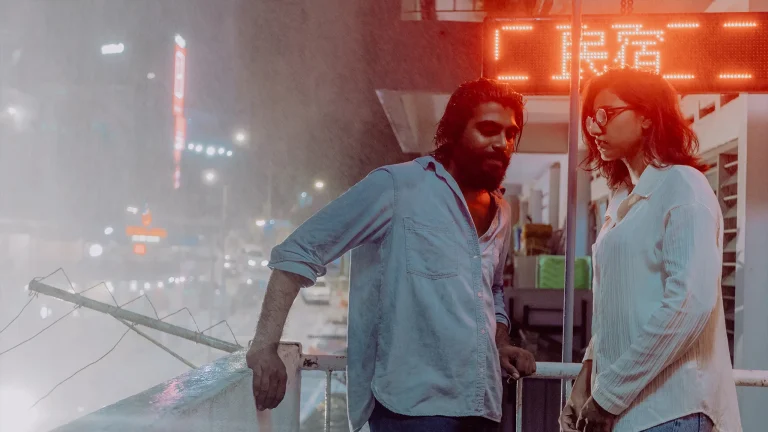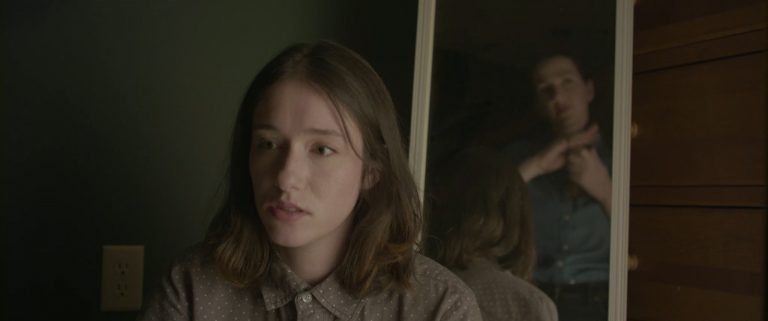A dark, corrosive examination of morality lies at the center of Mohamed Kordofani’s film, Goodbye Julia, which Sudan has picked as their official entry for the Oscars. This is strongly tethered to an excavation of Sudan’s identity, which is exposed as ripped apart by racist and communal divides between the north and south. Kordofani opens his film in the shadow of the civil war in Khartoum around 2005, leading up to the historic secession in 2010. In between, it unfurls a story that grapples with guilt, recognition of one’s prejudices, attempting a benign masking of those, and coming to terms with confession and forgiveness. This thematic probing is positioned in a way that tilts more towards the privileged northerner’s perspective and how they behave/misbehave with the others whom they unabashedly look down on and label slaves.
Mona (Eiman Yousif in a layered, compelling performance) and Akram (Nazar Goma) are the privileged northerners of the narrative, with whom the film opens and through whose eyes, especially Mona’s, we view the deeply troubled landscape. Early in the film, Mona, driving, accidentally hits Danny, the son of southerners Santino and the titular Julia (Siran Riak). Things spiral out of control as Santino chases a fleeing Mona and gets shot at by an unhesitating Akram.
While Akram has no qualms about his actions, rationalizing it as an act of self-defense, Mona finds herself racked by crushing guilt and despair. Her compunction starts gnawing at her so severely that she seeks out Julia and eventually puts her up in her place as her maid, along with Danny. Mona orchestrates the entire situation as a way of making reparations and salvaging her fraught conscience while hiding Julia’s past from her husband. Akram, however, does not so much protest the setup as much as he stays on his guard, his suspicion of his wife never getting loose.
He sanitizes his hands after being brushed by Danny. Akram is controlling and watchful, overseeing Mona’s moves. She remains constantly cooped up, alert to the immediate possibility of being apprehended by her husband. Although Mona is allowed mobility, her repression slowly comes through, practically living under Akram’s tight surveillance and being accountable to him for everything, with her privacy and agency continually wrenched away.
Once a vocalist for a band, she gave up on singing at Akram’s order, staving off divorce. With fear never hovering too far, Mona straddles a precarious balance between lying and keeping her marriage, negotiating the implications and impact of her decisions. She calls out on Akram’s prejudices. His determined worldview that vehemently sees a rigid division sanctifies the Arabs and stays cynical of any Southerner.

Mona gets comforted in thinking she is making amends for her husband’s mistakes, believing that morally she is redeeming herself, which is brutally countered by Akram, who insists she is no better, reinstating her own kind of racism by marking out separate utensils for Julia and her son and keeping the power balance between master and servant still very much in place. Kordofani takes a scalpel to the particular moral conundrums and emotional dilemmas that haunt Mona.
Even as things seem to settle into a harmless pattern of moderate co-existence, both sides aware of the fault lines that separate, Mona’s restlessness lingers, careful not to let the situation tip over. The film draws its sharply held tension, especially in the first half, from Mona’s moral conflicts. As the film winds into the second half, it sidles into becoming strangely agreeable and mild-mannered, even if sentiments run higher than ever, the secession referendum impending with its own latent violence. Albeit a tad predictable, the film neatly handles the relationship between Mona and Julia, which blooms into a friendship and mutual support system.
What hurts the film is a lack of engagement with Julia herself; her relationship with her son, who stews in unresolved anger and longing for his father, and a track with a love interest is cursorily rushed, which subsequently reduces the effect when they collide in the denouement. In its interest in skewering privilege and moral blindness it can give rise to, the film denies Julia nuance and a textured inner life. When Julia does explode, the moment, despite being undeniably powerful, doesn’t feel adequate in restoring the dignity of her own motivations.




![Bucolic [2021] ‘Locarno’ Review – A Portrait of Country Life minus the Idealized Perspective](https://79468c92.delivery.rocketcdn.me/wp-content/uploads/2021/08/Bucolic-2021-768x512.jpg)



